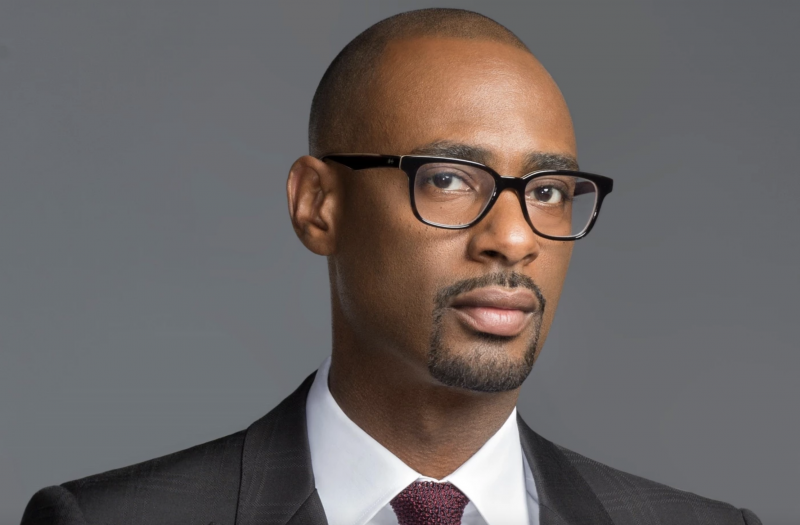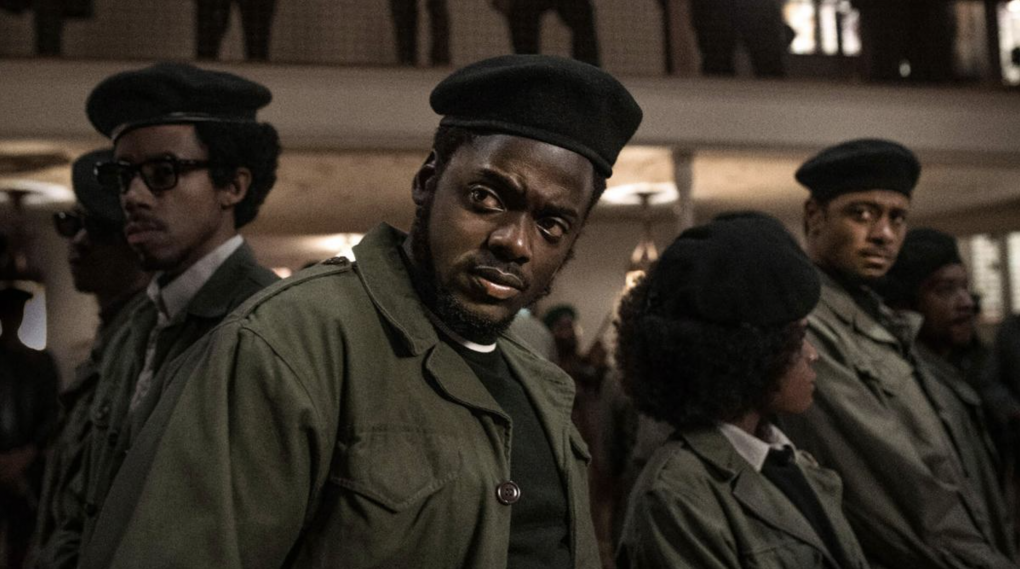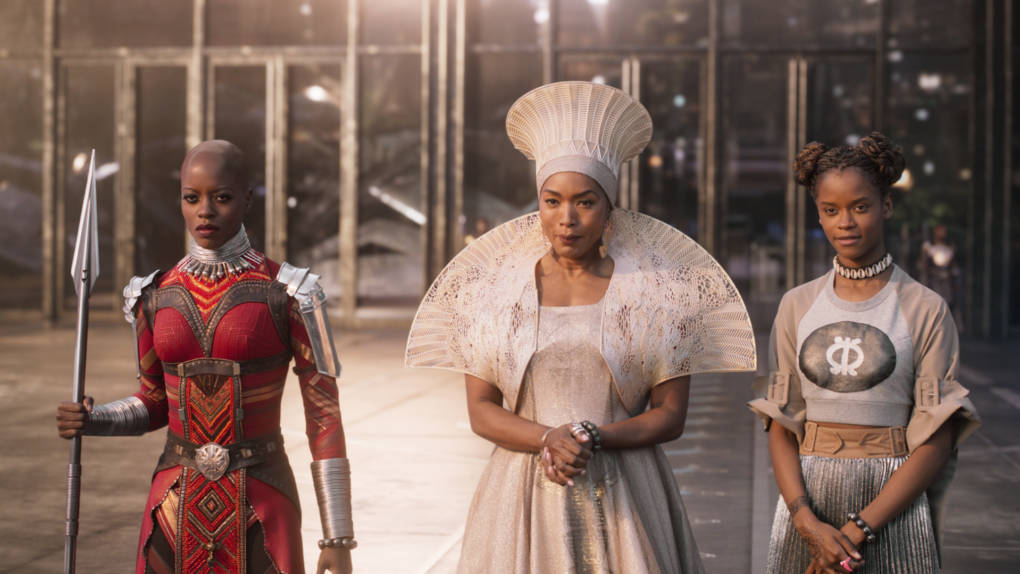Even as a trainee in the mailroom, King brought in new clients, like hip-hop star Missy Elliot. He got to know the company’s CEO; he networked at conferences and wrote reports on cultural trends such as hip-hop, and on the viewing patterns and revenue potential of Black, Latino and Asian audiences. King moved up quickly.
“When I got promoted, it was the first time in, I believe, 101 years, [for an] African American to go from the mailroom to film and television agent, at least in the Beverly Hills office,” says King. “I was very good at being an agent, and I broke tremendous ground. I became the first Black partner in the history of Hollywood when William Morris and Endeavor merged.”
As an agent, King grew an impressive roster. Among his clients: Oprah, Janet Jackson, Lin-Manuel Miranda, and Tyler Perry, who he signed before anyone else in Hollywood knew who he was. King introduced Perry to studio executives and got them to see Perry’s plays. King also helped set up a deal at Lionsgate for Perry’s first film, Diary of a Mad Black Woman.
“Everyone was like, oh, my God, I can’t believe this five million dollar movie made fifty million at box office and sold millions and millions and millions of DVDs,” he says. “And that was just the launch of this incredible franchise and business.”
King also helped Perry set up a new business model for syndicating TV projects, starting with Tyler Perry’s House of Payne. With Perry’s lawyer, King structured what was called the “10-90” distribution deal, designed to maximize profitability: an arrangement where a network test runs ten episodes of a new television series. If it does well, the network then orders 90 more episodes and guarantees the entire 100-episode package will be sold for syndication.
“My nickname was 2005,” King recalls. That was the year, his fifth as an agent, he not only struck gold with Tyler Perry, but he also brought in filmmaker Craig Brewer, whose film Hustle and Flow was a big seller at the Sundance Film Festival. King began repping the film’s star, Terrence Howard, who earned an Oscar nomination. And he began representing Prince.
King says as an African American man, he had to make ten times as many phone calls as his colleagues representing white movie stars and filmmakers. And he did a lot of educating about the value of diversity.




9(MDAxOTAwOTE4MDEyMTkxMDAzNjczZDljZA004))

